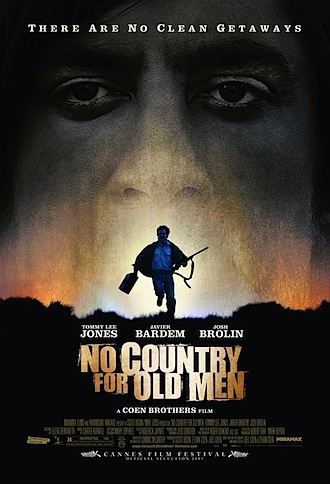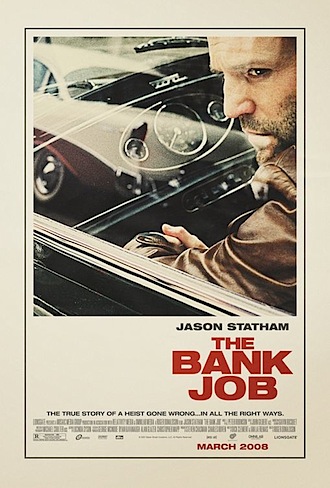When my usual movie-going partner was offered the chance to see the new Robin Hood her first question was “Who is playing Robin?” When I told her that it was…
Read More
Turkish-German director Fatih Akin has long been an arthouse favourite around these parts. Head-On (2004) and The Edge of Heaven (2007) were Festival successes so it was odd to see…
Read More

Compelled once again by Christmas deadlines to sum up the year in cinema, I have been thinking a lot about how some movies stay with you and some don't, how…
Read More

One of the pitfalls you try and avoid in this gig is reviewing the film you wish you were watching instead of the one that is actually in front of…
Read More
